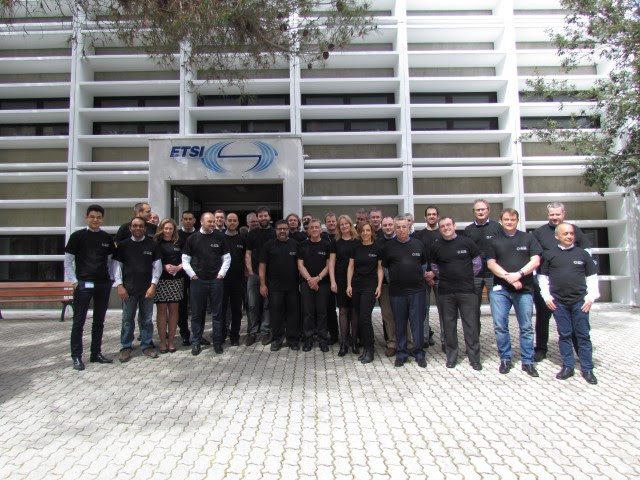From asset tracking to health monitoring, these Industrial IoT use cases could transform manufacturing
The Industrial “Internet of Things” is reshaping a variety of vertical industries as managers around the globe harness technology to increase efficiencies and cut costs. Manufacturing is one of those verticals; here’s an overview of various IIoT manufacturing use cases.
These use cases were developed by PTC, which developed the ThingWorx IoT platform, a “one-stop shop” designed to guide developers from concept to product.
- Asset and material tracking: “Easily locate and monitor key assets (e.g. raw materials, final products, and containers) to optimize logistics, maintain inventory levels, prevent quality issues and detect theft. Connected operations intelligence – Connect disparate silos of operational data (e.g. manufacturing, supplier, and logistics) into unified, real-time visibility across heterogeneous systems, people and assets to make faster and better decisions and improve operational performance.
- Unified KPIs: “Aggregate and contextualize data from isolated manufacturing systems and assets into actionable web and mobile applications that provide role-based views into key indicators, while also allowing drill-down into correlated data to diagnose problems more quickly and improve performance.”
- Real-time asset health monitoring: “Minimize downtime and avoid potential equipment failures by enabling detailed monitoring of critical equipment condition and operating parameters to automatically trigger alerts and proactively initiate response from maintenance teams or OEM service networks when problems are detected.”
- Operations management improvements: “Quickly improve how complex processes are monitored, managed, optimized, and accelerate smart factory and ‘Industry 4.0’ initiatives, by extending existing equipment and ERP/MES systems with connectivity, interoperability, mobility and crowd sourced intelligence.”
Industry 4.0 is a broad term that encapsulates the fourth Industrial Revolution, which is marked by the automation of previously human-led tasks. It’s also a specific term for the German government’s strategy to specifically automate manufacturing, an industry in which the country has long been a global leader.
IndustrialIoT5G Lead Contributor David Pringle took a deep-dive into the discussion around manufacturing automation and Industry 4.0 that came out of the recent TM Forum Live conference and exhibition in Nice, France.

